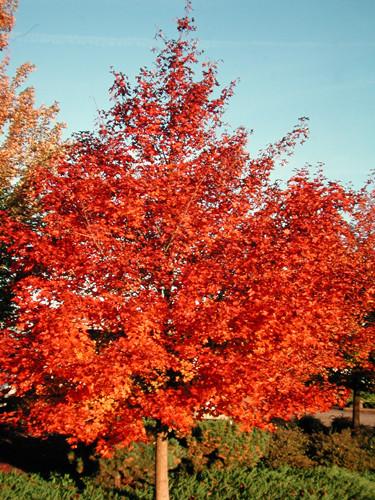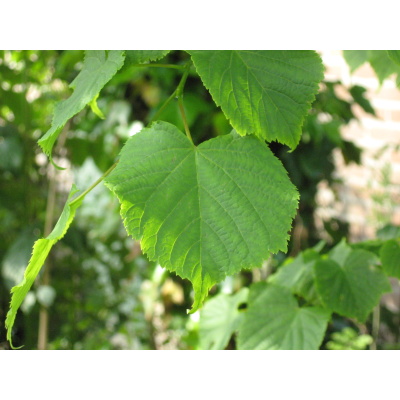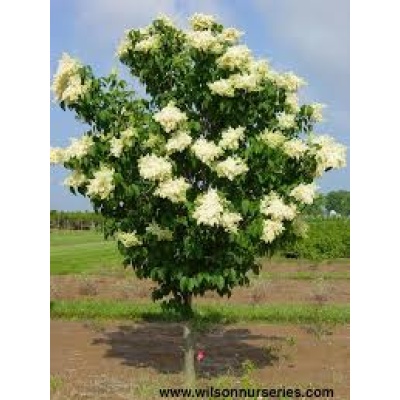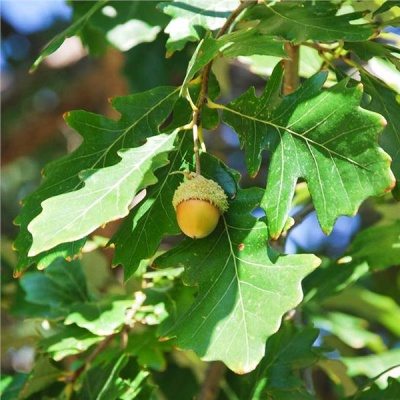Description
 Pacific Sunset Maple is an excellent medium sized tree that is very tolerant to urban conditions. This hybrid maple combines the best qualities of its parents Acer truncatum and Acer platanoides. It has very glossy dark green leaves that will develop a mixed full color of yellows, oranges, and reds. It will tolerate a wide range of soil conditions and makes for a good straight tree.
Pacific Sunset Maple is an excellent medium sized tree that is very tolerant to urban conditions. This hybrid maple combines the best qualities of its parents Acer truncatum and Acer platanoides. It has very glossy dark green leaves that will develop a mixed full color of yellows, oranges, and reds. It will tolerate a wide range of soil conditions and makes for a good straight tree.
Plant Type: Shade Tree
Width: 25′
Height: 30′
Fragrant: No
Growth Rate Moderate
Zone: 4 – 7
Deer Resistant: Yes
Attract: Bees
Exposure: Full Sun, Partial Shade
Bloom Time: Spring
Bark Type: Smooth
Landscape/Use: Provide Shade
Shape: Spreading, Upright
Le
af Color: Green
Fall Color: Orange Red




Reviews
There are no reviews yet.